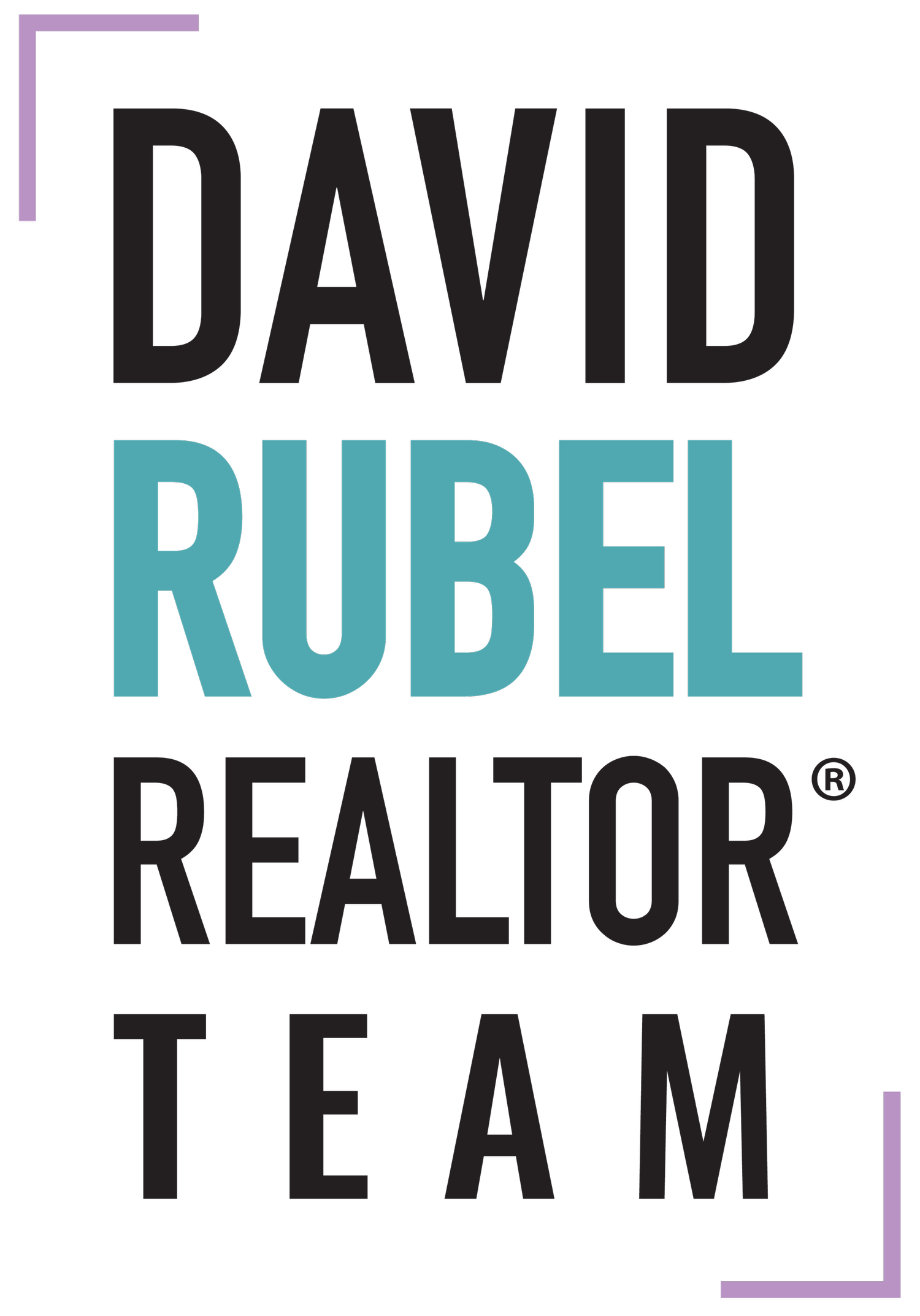
Investing In Real Estate
Investing in real estate doesn’t need to be stressful or time-consuming. Our goal is to take as much off your plate as possible starting with a deep understanding of your investment needs. Whether you’re acquiring or disposing of an investment property, we offer individual consultations and prioritize understanding your needs, including housing specifics, communication style, and what you want in an agent.

Why Trust Our Team
Systems Focused
Our team has meticulously created a 223-step plan for investors. This ensures everything goes smoothly and efficiently, without any surprises. Real Estate can be stressful enough. Want to hear how our system gives you the real estate experience of your dreams?
Marketing-Forward
Marketing is the key to getting the highest price, in the shortest time. We place a heavy emphasis on creating custom marketing plans for your specific property. What works for a condo will not work for a house, and vice-versa. We stay on the cutting edge, utilizing evidence based strategies that WORK.
Negotiation Specialist
Our team believes in a respectful and strategic negotiation style based on the principles taught by Chris Voss and Gerry Spence. We prioritize further development of our negotiation skills through various certifications and believe this is one of the most important attributes of a realtor.
Communication Experts
We are a client-focused team that emphasizes effective and proactive communication. We understand that everyone has different communication styles, and we want to hear what is working for you and what could be changed to make this the perfect experience. Does that sound like the experience you are looking for? Book a consult.
Is this what you are looking for in an agent?
FAQ
-
There are several types, including:
Residential properties (single-family homes, duplexes, condos)
Commercial properties (office buildings, retail spaces, industrial)
Multi-family properties (apartment buildings)
Vacation rentals (short-term rentals like Airbnb)
Land (raw land for development or farming)
Real Estate Investment Trusts (REITs) (publicly traded portfolios of properties)
-
Answer: Key factors include:
Location and demand for rentals
Neighborhood quality and school districts
Property condition and potential for appreciation
Expected rental income vs. expenses (cash flow)
Property taxes and insurance costs
-
ROI is typically calculated by dividing your annual profit (rental income minus expenses) by your total investment (down payment, closing costs, and any renovations). A solid ROI target is generally between 6-12%, though this can vary.
-
The 1% rule suggests that the monthly rent should be at least 1% of the purchase price. For example, if you buy a property for $200,000, you should aim to rent it for at least $2,000 per month. This helps ensure positive cash flow.
-
It depends on your goals. Residential properties are generally easier to finance and manage, while commercial properties often have longer leases and potentially higher returns. Residential is typically better for first-time investors.
-
Key factors include:
Cash flow analysis
Cap rate
Appreciation potential
Property condition and repair costs
Local market trends
Rent-to-price ratio

